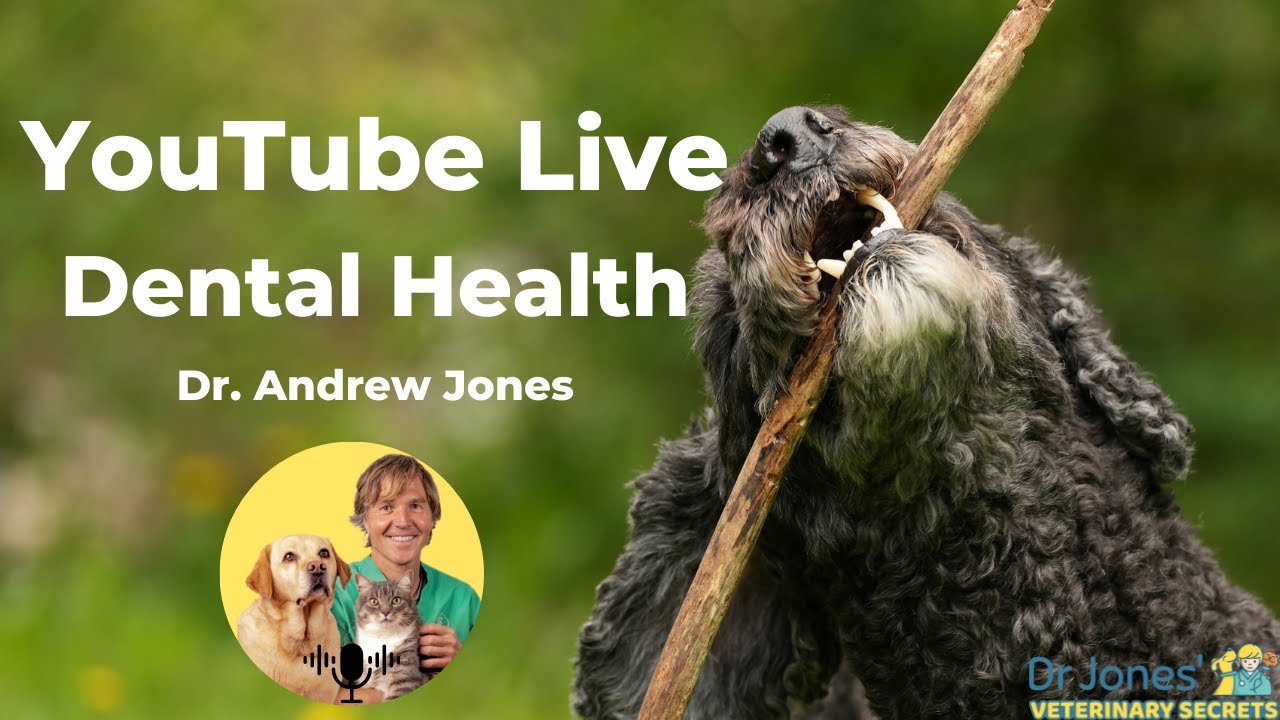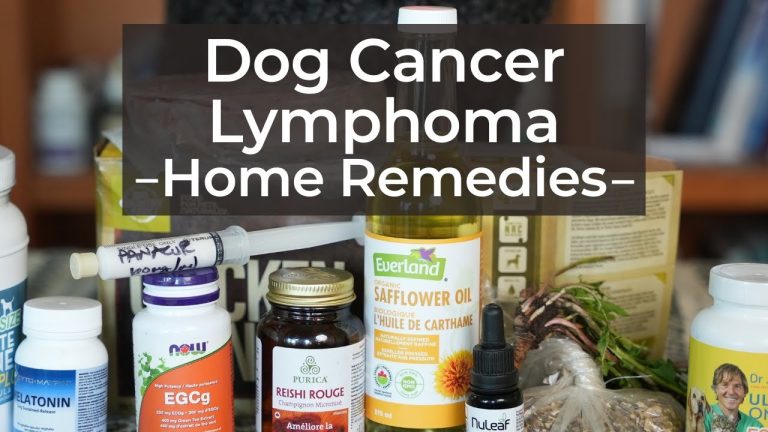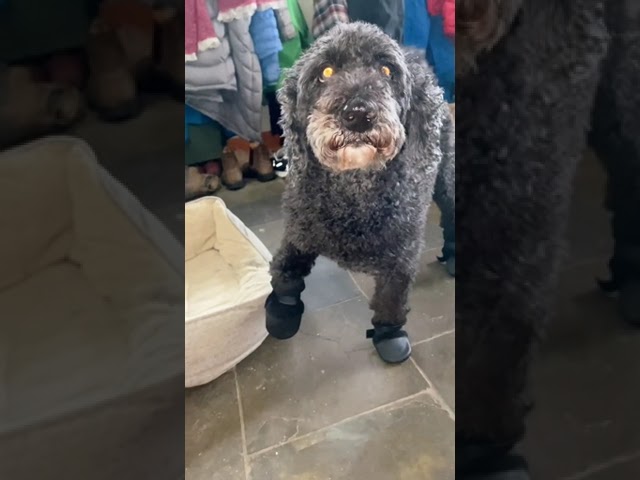Pet Dental Health
When it comes to their pet’s dental health, it is essential for every pet owner to prioritize regular care and maintenance. Just like humans, animals also require proper oral hygiene to prevent dental issues and maintain overall health. In this blog post, he will explore the importance of pet dental health and provide tips for keeping their furry companions’ teeth clean and healthy.
Pet Dental Health: Keeping Those Pearly Whites Shining Bright
Introduction
Pet dental health is a crucial but often overlooked aspect of caring for our furry companions. Just like humans, dogs and cats can suffer from dental issues that, if left untreated, can lead to pain, discomfort, and serious health problems. In a recent livestream by Veterinary Secrets, Dr. Jones delves into the world of pet dental health, providing valuable insights, tips, and natural remedies to keep those precious teeth and gums healthy. Let’s take a closer look at the highlights of the discussion.
Causes of Dental Disease in Pets
Poor dental hygiene, improper diet, lack of dental care, and genetic predispositions are common factors contributing to dental disease in pets. Dr. Jones emphasizes the importance of regular dental check-ups to catch problems early.
Signs of Dental Disease in Dogs and Cats
- Stained teeth
- Tartar buildup
- Red and inflamed gums
- Bad breath
- Chewing behavior changes
These signs should not be ignored, as they indicate potential dental issues that require attention from a veterinarian.
The Role of Bones and Supplements
Dr. Jones discusses the use of bones in promoting dental health in pets. However, caution must be exercised, as improper bones can lead to tooth fractures. Additionally, the effectiveness of supplements in supporting dental health is explored, offering a holistic approach to oral care for pets.
Natural Remedies for Dental Disease
From coconut oil pulling to herbal mouth rinses, Dr. Jones shares natural remedies that can help prevent and alleviate dental issues in pets. These solutions provide alternative options for pet owners seeking gentle yet effective ways to care for their furry friends’ oral health.
Non-Anesthetic Dental Scaling vs. Veterinary Dentistry
The livestream compares non-anesthetic dental scaling with traditional veterinary dentistry. Dr. Jones discusses the pros and cons of each method, shedding light on the importance of professional dental care for pets.
Tips for Home Dental Care
Providing practical advice, Dr. Jones offers tips for maintaining good dental hygiene in pets at home. Regular brushing, dental chews, and appropriate toys can all contribute to keeping your pet’s teeth and gums healthy between veterinary visits.
Concluding Thoughts
Ensuring your pet’s dental health is an essential part of responsible pet ownership. By understanding the causes of dental disease, recognizing the signs, and implementing preventive measures and treatments, you can help your furry companion enjoy a lifetime of good oral health.
FAQs:
-
How often should I brush my pet’s teeth?
Regular brushing is ideal, aiming for at least three times a week to prevent dental issues. -
What are some safe alternatives to bones for chewing?
Dental chews, rubber toys, and synthetic bones are safer options to prevent tooth fractures. -
When should I seek professional dental care for my pet?
If you notice any signs of dental disease or changes in your pet’s chewing behavior, it’s advisable to consult a veterinarian. -
Are there specific dietary recommendations for promoting dental health in pets?
Feeding dental-friendly diets and avoiding sugary treats can help maintain your pet’s oral health. -
Can dental disease in pets lead to systemic health issues?
Yes, untreated dental problems can lead to more severe issues such as heart, kidney, and liver disease due to bacteria entering the bloodstream.
Don’t forget that your pet’s smile is a reflection of their overall well-being, so make pet dental health a priority in your care routine!






